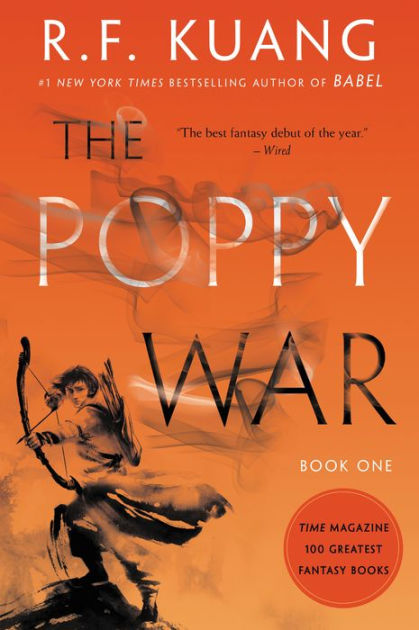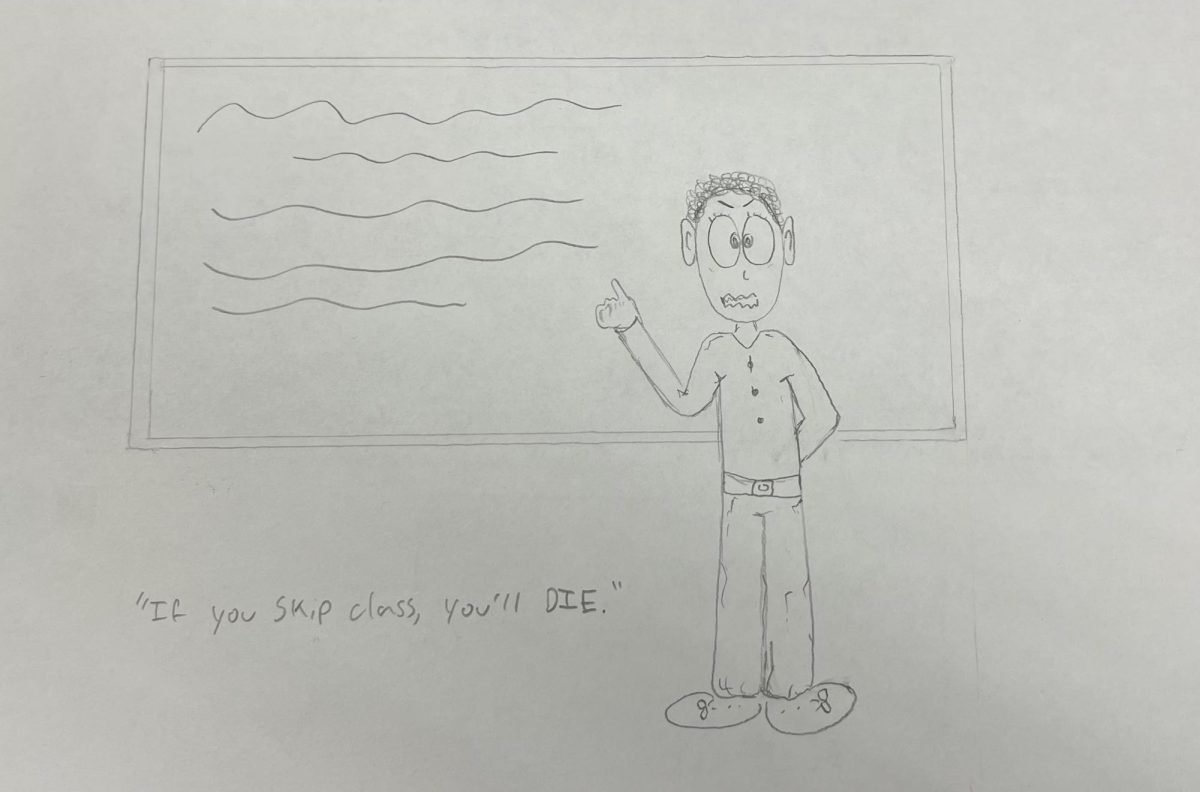The last Hellgate Book Club book of the year is The Poppy War by R. F. Kuang. The Poppy War is an epic historical military fantasy novel that references politics from 20th century China. The conflict throughout the story, known as the Poppy Wars in the novel, is based on the Second Sino-Japanese War and the time of the Song Dynasty in China.
The Poppy War is a very well written and well researched novel, full of difficult and sadly relevant topics. It deals with the dehumanization of war, identity in wake of cultural trauma, and the coming of age during a time of war. One quote that stood out to me was “War doesn’t determine who’s right. War determines who wins.” I feel like that sets the tone for the book, and arguably for the rest of the trilogy as well.
The story follows Fang Runin, or Rin, a war orphan from the South who is desperate to escape her abusive guardians and willing to do anything to accomplish this. She studies for the Keju, a test that is designed to send the most talented youth from around the Empire to the most prestigious academies, a test that no one expects a poor girl from Rooster Providence to pass. But when she aces the Keju and gets into Sinegard, the country’s top military academy, no one can prevent her from going. Rin is happy to leave behind her abusive guardians, but doesn’t expect the judgement she receives from her fellow classmates for being lower class, a girl, and darker skinned than the rest of them.
As it turns out, keeping her spot at Sinegard is much more difficult than the grueling hours she spent studying to get there, and she has to fight to stay afloat. Estranged from her classmates, Rin confides in a seemingly insane teacher who teaches her that the gods she didn’t believe in, and shamanism, the practice of calling a god down and using their powers, are both real. The threat of a third Poppy War looms over Rin’s last years at the academy, and she slowly learns that her shamanic powers may be the only thing that can save her country.
I thought that the book was well done all around—the characters were extremely diverse and individual, and each felt very real. I felt that Rin was a very relatable main character, even for the unique situation she was in. Kuang managed to write a likeable main character without making her perfect either; Rin has many flaws and makes just as many insane decisions throughout the book, but I still kept rooting for her.
Kuang’s worldbuilding was incredible as well; I genuinely forgot while reading that these countries and their civil wars and the elaborate histories behind each of them weren’t real. Likely because this fantasy world was based off of real historical events, it was easy to do so, and to immerse myself into the world and the story.
Overall, The Poppy War was a five star read for me. I can always appreciate a well done book—and this one is much more than that. I highly recommend it to anyone who is open to starting a dark and immersive read; one that hits a bit too close to home but makes up for it with a killer plot and characters.





